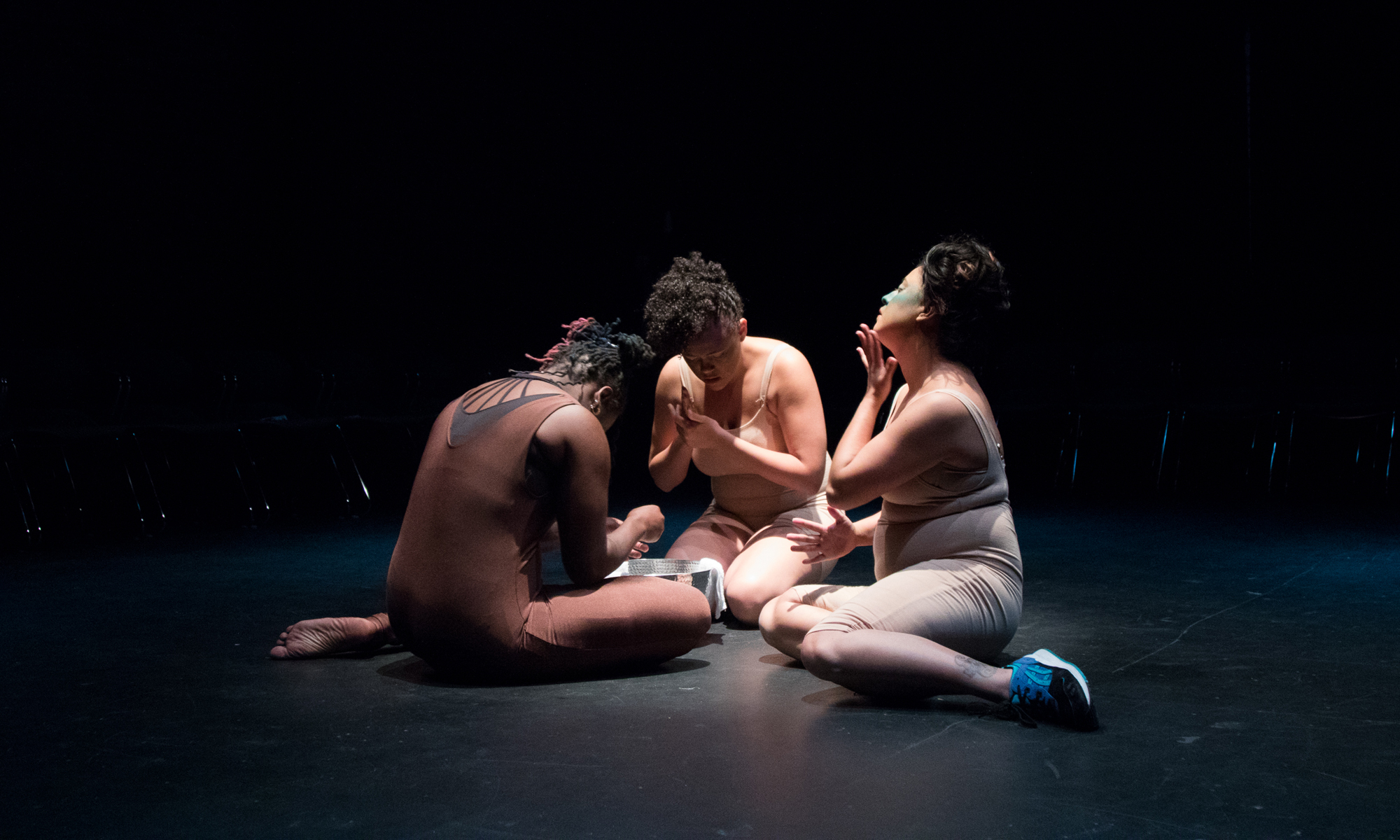Join the National Guild for Community Arts Education for a fall webinar series on evaluation as a strategy for building, improving, and funding creative youth development programs. (And check out previously-recorded webinars.)
FREE for Guild members
$35 each for non-members or $120 for all four.
The growing strength of the creative youth development movement necessitates that programs, staff, partners, and funders re-think fundamental ways of doing business—program design, staffing, and evaluation to create more active and ongoing roles for young people as critical thinkers, designers, and decision makers. In response to this imperative, the National Guild for Community Arts Education will be presenting a four-part webinar series. The webinar series is chaired by Dennie Palmer Wolf and informed by many voices from the CYD field including: Julia Gittleman, Steven Holochwost, Gladys Hidalgo, Ruth Mercado-Zizzo, James Miles, Käthe Swaback, and others.
You can register for webinars individually below or sign-up for the whole series and save! Across the series participants will build four sets of vital strategies by examining examples from the work of other CYD organizations and reflecting on their own practices.
Webinar 1: Sept. 26 – The Foundations of Creative Youth Development Evaluation
We will begin by exploring the basic principles of creative youth development and their implications for evaluation. From there, we will examine how an organization builds the foundation for doing effective evaluation: developing an organizational story, building a logic model or theory of change, developing powerful infographics, and creating a culture of inquiry that includes young people as full partners. Register for webinar 1 (FREE for members; $35 for non-members) or the full series.
Webinar 2: Oct. 3 – Stepping Up to Survey and Use Observational Data
In this session, we will explore how to design and use surveys and observational protocols, both field-tested tools and new ones tailored to individual programs. As part of this work, we will look at a range of strategies for involving current youth and alumni as critical respondents to and designers of tools. We will discuss the important work of formative assessment: the fine art of using findings to improve programs over time. Register (FREE for members; $35 for non-members)
Webinar 3: Oct. 17 – Thinking through Comparisons
Many evaluations depend on comparing participants to non-participants and looking for the changes that are correlated with being in a program. This kind of correlational work is a major step in thinking about the impacts a program may have – but doing this work well, and understanding its limits can be demanding. Together, we will think through what can – and can’t – be learned through this approach. Register (FREE for members; $35 for non-members)
Webinar 4: Oct. 24 – Partnering for Large-Scale, Quantitative Evaluation
In light of the growing demand for more rigorous evidence – from government and private funders – this final webinar will look at what it takes to conduct quasi-experimental and experimental research into the impact of CYD programs. We will look at the demands such studies place on programs and their staff and consider when programs are ready to take on those demands. We will also explore the kinds of research partnerships that CYD organizations might undertake with external partners in order to learn about and conduct these demanding, but powerful, forms of evaluation. Register (FREE for members; $35 for non-members)
The webinars will be interactive and include: 1) pre-assignments that will alert you to the big ideas, prepare you to examine your own current practices, and allow you to send in questions ahead of time; 2) an exchange of distinctive perspectives from the presenters; and 3) ample time for audience questions.
We encourage programs to support teams of participants in order to sustain the inquiry and conversation between and beyond the individual sessions. All materials will be sent to participants in advance of each session.
